Nepal Staff Pension Proposal Rejected in Parliament
Parliamentary Committee Disapproves MPs' Amendment on Early Pension Provision
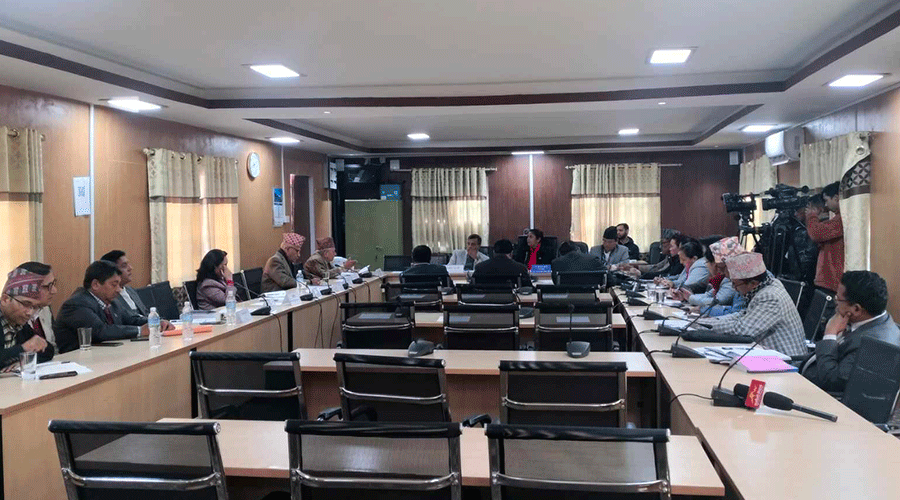
Members of the Law, Justice, and Human Rights Committee discuss the proposal on parliamentary staff pensions during a meeting in Kathmandu.
Kathmandu: The much-debated Nepal staff pension proposal faced rejection from the Law, Justice, and Human Rights Committee in the House of Representatives. The decision triggered strong debate among lawmakers, parliamentary staff, and the public.
Why Was the Nepal Staff Pension Proposal Rejected?
During discussions on the Bill to Amend Certain Nepal Acts, some MPs suggested pension eligibility after only 15 years of service.
Committee Chairperson Bimala Subedi opposed the move. She explained that the government’s bill did not include any pension-related changes.
“It was unsuitable to amend an Act through a bill that had no such amendment proposal,” Subedi said.
The rejection means the current law remains in place. Staff must still serve 20 years to qualify for pensions under Article 50 of the Federal Parliament Secretariat Act 2007.
👉 Related Reading: Economic Challenges in Nepal 2081 Review
MPs Who Supported the Proposal
Despite the rejection, 17 MPs from major political parties supported the change. These included members of the CPN-UML, Nepali Congress, CPN-Unified Socialist, RSP, JSP, and several independents.
Their proposal aimed to help late-career employees. Staff appointed at the maximum entry age of 45 years could qualify for pensions if their service extended by up to five years.
Legal Experts Warned of Risks
Legal experts raised concerns. They argued that amending a law outside the government’s proposal could set a dangerous precedent.
The committee stressed the need for transparency and due process. According to Subedi, protecting the credibility of Nepal’s legislative system requires clear rules.
👉 Also Read: Nepal Investment Summit 2024 and FDI Challenges
What Happens Next?
The committee approved the bill to amend certain Nepal acts but excluded the pension changes. The bill will move to the House of Representatives on Sunday at 11 AM. Chairperson Subedi will present the report.
For now, Nepal’s pension rules for parliamentary staff remain unchanged. The debate, however, highlights ongoing concerns about job security, retirement benefits, and the country’s weak social protection system.






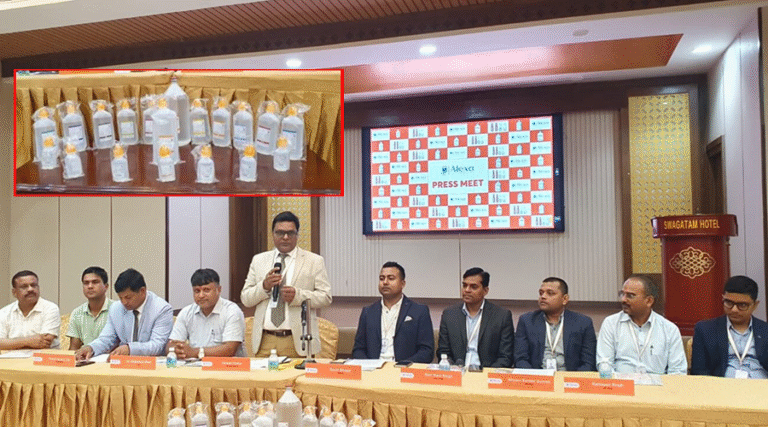


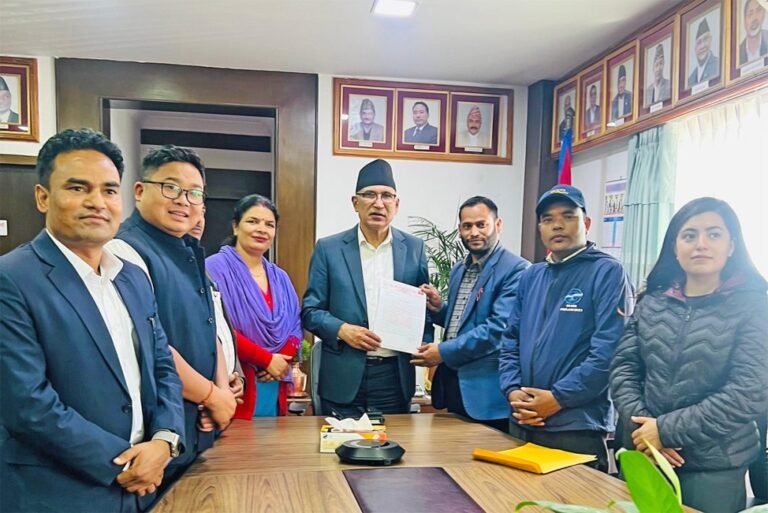
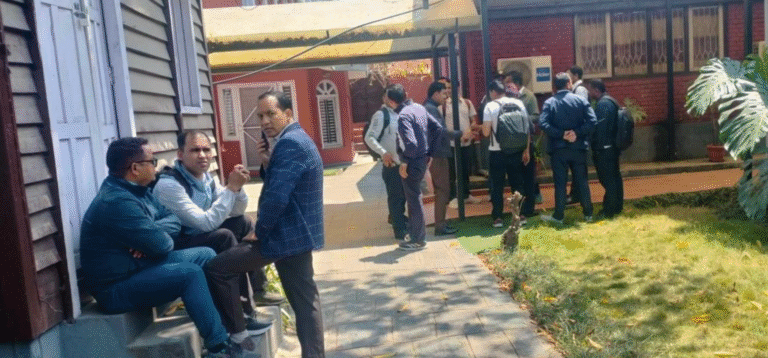


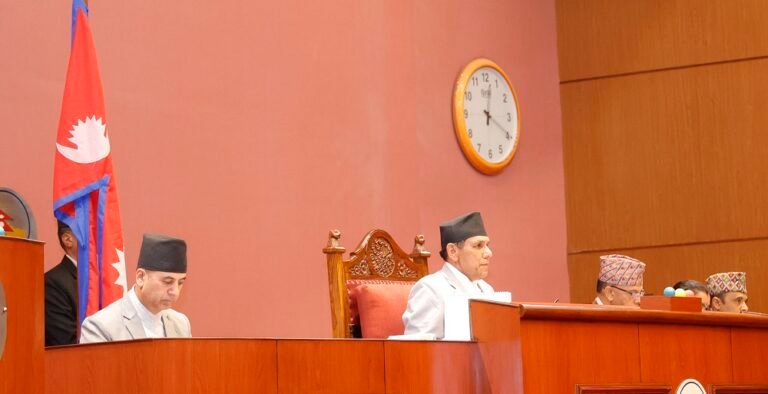


Please login to leave a comment.
Login to Comment